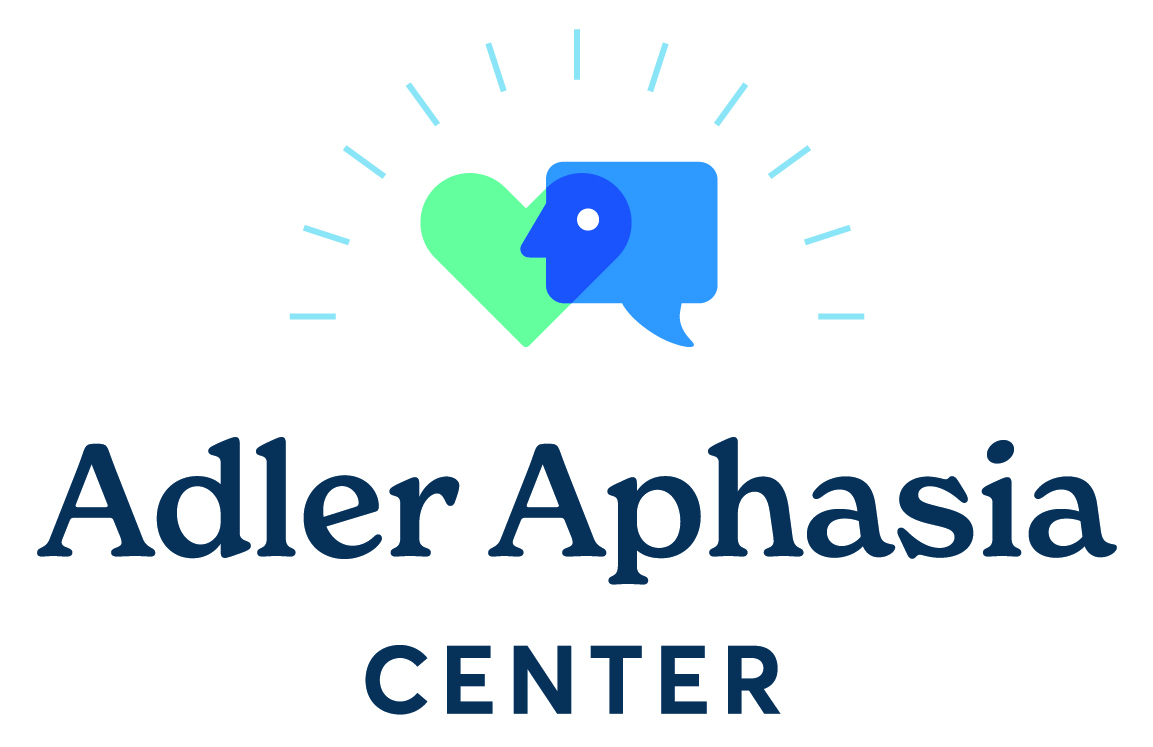The Adler Aphasia Center is a community-based aphasia program that focuses on the long-term needs of people with aphasia and their families. We are a non-profit organization whose mission is to enrich the lives of people with aphasia, their families, and communities.
Adler provides a place for people with aphasia to connect to others with aphasia. In addition to our full-service programs in Maywood, Toms River, and West Orange, we offer aphasia communication groups that meet 2 times a month for 2 hours that provide opportunities for peer support and communication practice.
Adler also offers a caregiver program with in-person (Maywood, West Orange) and virtual groups as well as monthly caregiver education seminars.
